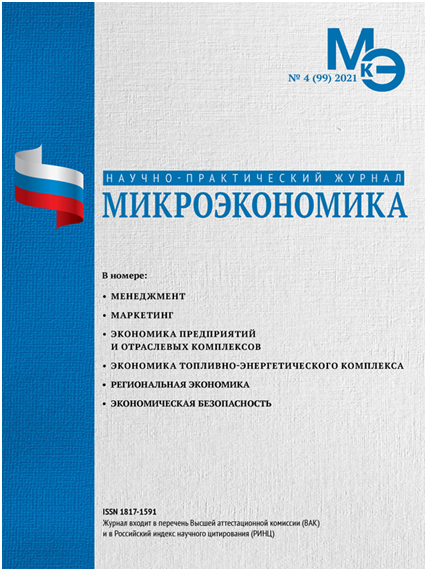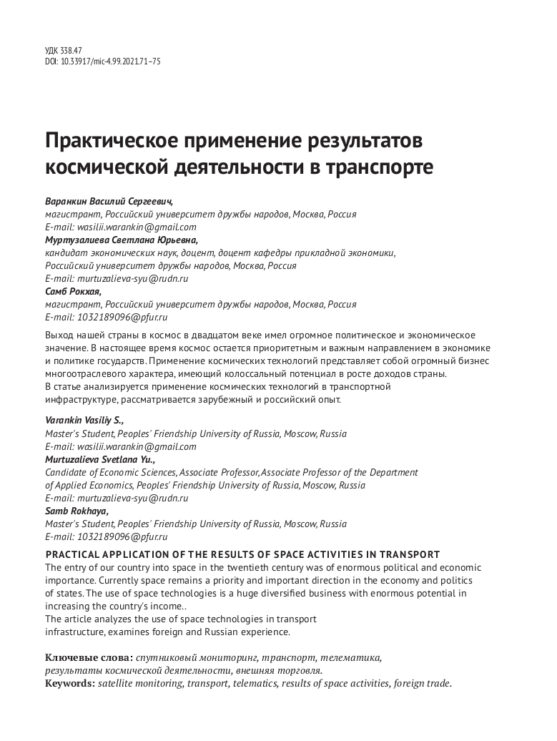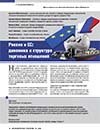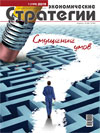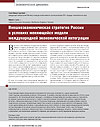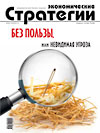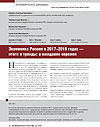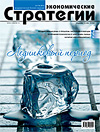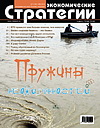
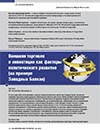
DOI: 10.33917/es-8.166.2019.66-75
The article presents analysis of the dynamics and structure of foreign economic relations of the Western Balkans countries, considers the specifics of foreign infrastructure investment projects, evaluates the importance of foreign economic relations for socio-political institutions. Scientific novelty of the study is determined by application of least squares methods and gravitational modelling. To identify factors determining the vector of economic cooperation, the authors have analyzed macroeconomic data, as well as the trade flows dynamics: gravitational model of foreign trade was taken as the basis. The authors assume that many problems of the modern socio-economic and political development of the region stem from its past, namely from reproduction of both individual elements and the system characteristics of historical models. In particular, the analysis confirmed historical dependence of the political and economic development of the Western Balkans on external players. Historical determinism of the foreign policy course (identified through institutional analysis) coexists with economic factors arising the incentives of neoclassical economic theory
Продолжить чтение


